The forum on sustainable agricultural development associated with environmental protection and climate change adaptation was held on November 4 in Hanoi to open up a new direction of cooperation between Vietnam and Australia in the green transformation of the agricultural sector. The program was organized by the University of Sydney in collaboration with the Institute of Strategy and Policy for Agriculture and Environment, attracting the participation of managers, scientific experts and businesses in the fields of agriculture, environment, energy and innovation.
Speaking at the forum, Deputy Minister of Agriculture and Environment Tran Thanh Nam emphasized that in the context of the world facing many challenges such as climate change, resource depletion and growth pressure, sustainable development and circular economy have become the only option to ensure the future. According to him, the forum is an important opportunity for parties to share research, experience and practical models, thereby proposing innovative solutions to quickly move agriculture on the path of greening.
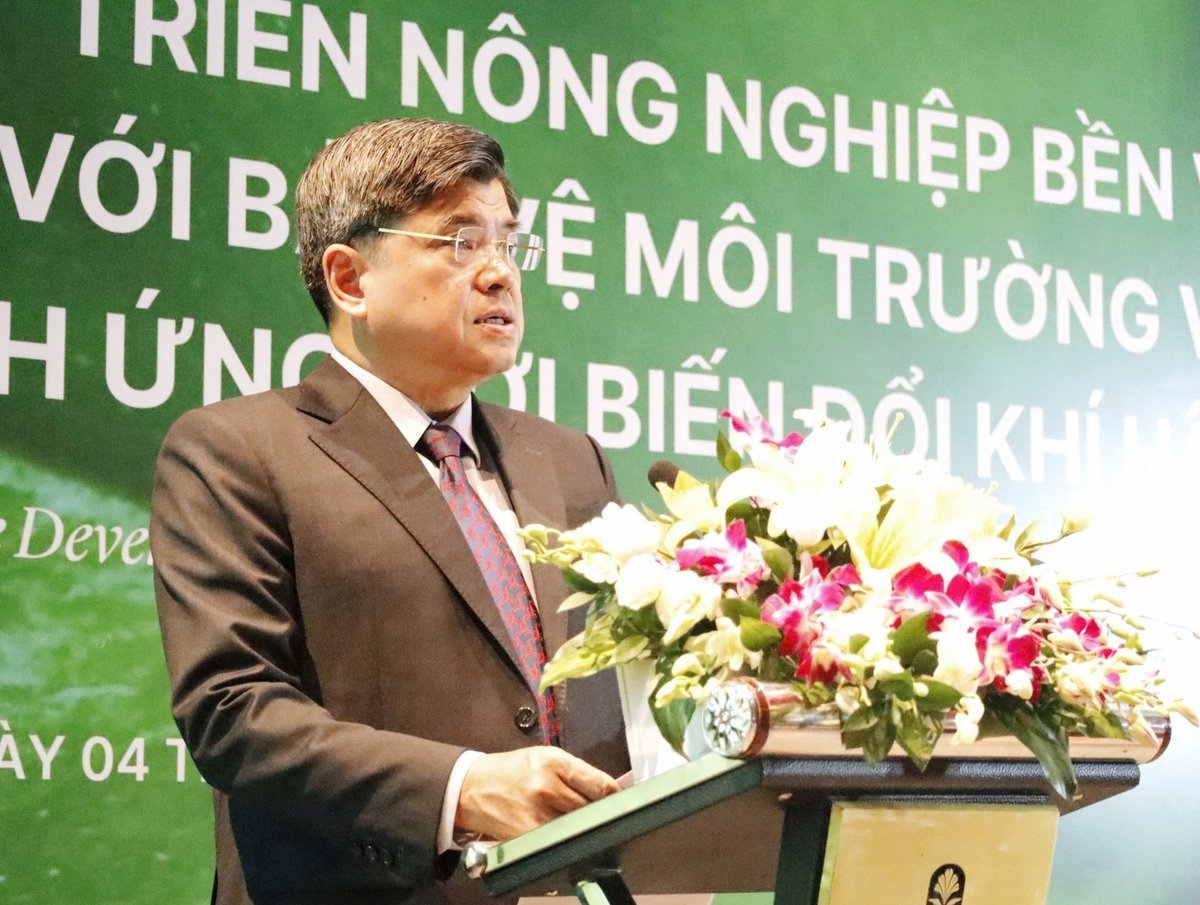
Vietnam is accelerating the implementation of major national strategies on circular economy and climate change response, aiming for a net zero emission target by 2050. In this effort, cooperation with Australia, a country with strengths in high-tech agriculture, renewable energy and resource management, is considered to be of strategic significance, helping Vietnam access advanced technologies and models.
At the forum, Professor Nguyen Thu Anh, President of the University of Sydney, emphasized that the circular economy is not only a problem of waste treatment but also requires the reconstruction of the production and consumption system in an integrated direction between waste management, energy conversion and sustainable agricultural development. She said that Vietnam and Australia have a lot of room for cooperation in building ecological industrial parks, developing recycling infrastructure and applying digital technologies such as artificial intelligence and the Internet of Things to optimize supply chains and reduce emissions. At the same time, Australia is ready to support the training of young human resources for Vietnam to serve the transition process.
Ms. Hoang Thi Dieu Linh, representative of the United Nations Development Programme (UNDP) in Vietnam, shared that the model of "Fishing boats bringing garbage to shore" deployed in Binh Dinh is showing positive results. Collecting plastic waste from the sea through the voluntary participation of fishermen and a reward exchange system not only helps clean the ocean but also raises public awareness about environmental protection. Since the beginning of 2024, the program has collected about 3 tons of garbage and is continuing to expand to other fishing ports. UNDP also developed a secondary raw materials trading platform and a responsible purchasing framework to form a more sustainable and equitable plastic supply chain.
Sharing from the Australian side, Professor Ali Abbas of the University of Sydney emphasized the role of product design throughout the entire life cycle, with a focus on limiting single-use products and increasing chemical recycling. This technology allows the conversion of difficult-to-recycle plastics into new materials, contributing to the realization of Australia's goal: by 2025, achieving 100% recyclable or reusable packaging and eliminating single-use plastics.
Also at the forum, Vietnamese scientists introduced new research related to climate change adaptation for the Mekong Delta; circular bio-economic model; and solutions to utilize agricultural by-products such as silica production from rice husk ash in An Giang, aiming to reduce emissions and increase value in the production chain.
Concluding the forum, Deputy Minister Tran Thanh Nam highly appreciated the presentations and shared opinions, saying that these are important suggestions for long-term cooperation between Vietnam and Australia in agriculture, environment and resource technology, contributing to promoting sustainable development in the new period.
Source: https://baotintuc.vn/xa-hoi/viet-nam-australia-tang-toc-hop-tac-chuyen-doi-xanh-trong-nong-nghiep-20251104162621684.htm



![[Photo] Ca Mau "struggling" to cope with the highest tide of the year, forecast to exceed alert level 3](https://vphoto.vietnam.vn/thumb/1200x675/vietnam/resource/IMAGE/2025/11/04/1762235371445_ndo_br_trieu-cuong-2-6486-jpg.webp)
![[Photo] The road connecting Dong Nai with Ho Chi Minh City is still unfinished after 5 years of construction.](https://vphoto.vietnam.vn/thumb/1200x675/vietnam/resource/IMAGE/2025/11/04/1762241675985_ndo_br_dji-20251104104418-0635-d-resize-1295-jpg.webp)
![[Photo] Ho Chi Minh City Youth Take Action for a Cleaner Environment](https://vphoto.vietnam.vn/thumb/1200x675/vietnam/resource/IMAGE/2025/11/04/1762233574890_550816358-1108586934787014-6430522970717297480-n-1-jpg.webp)

![[Photo] Panorama of the Patriotic Emulation Congress of Nhan Dan Newspaper for the period 2025-2030](https://vphoto.vietnam.vn/thumb/1200x675/vietnam/resource/IMAGE/2025/11/04/1762252775462_ndo_br_dhthiduayeuncbaond-6125-jpg.webp)
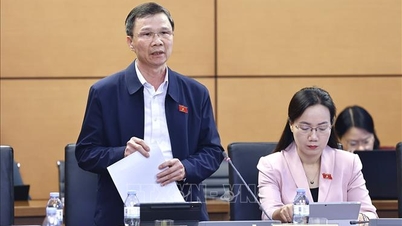
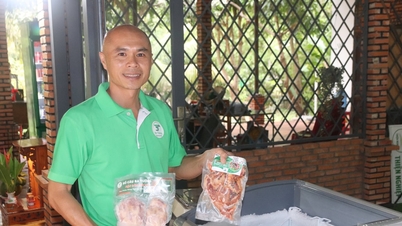



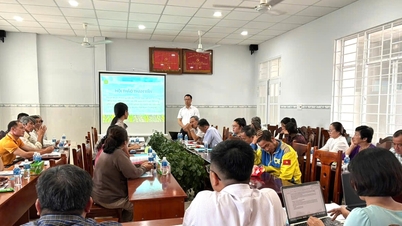
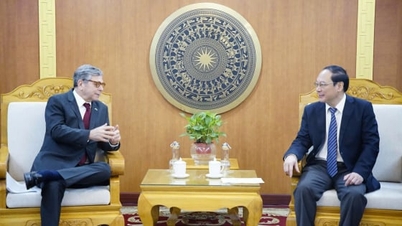

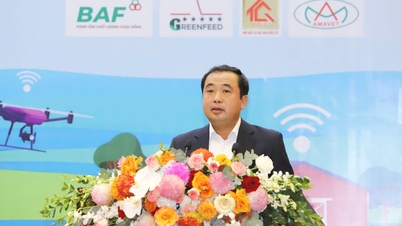


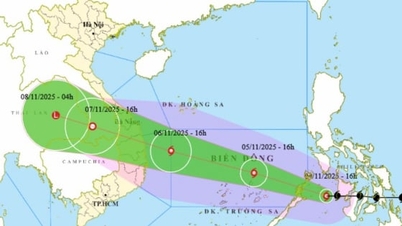






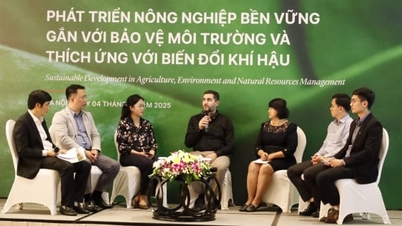






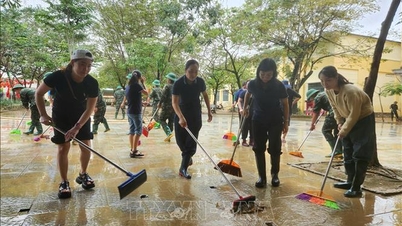
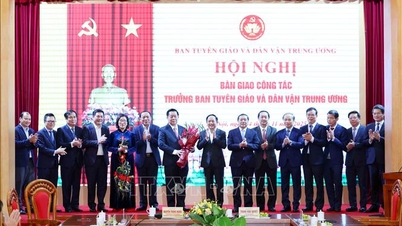

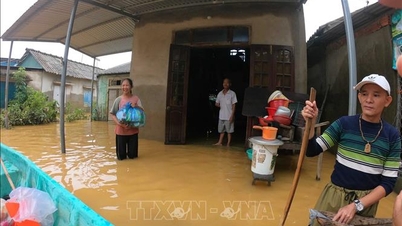















































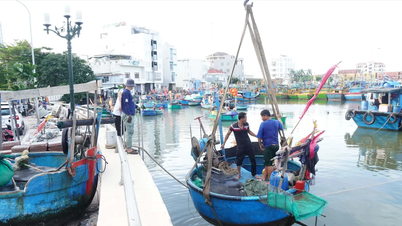

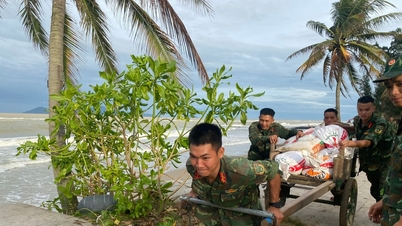
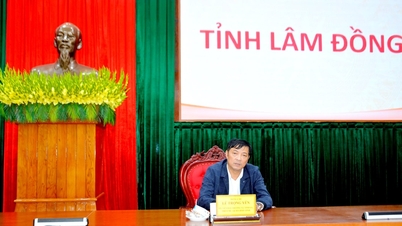
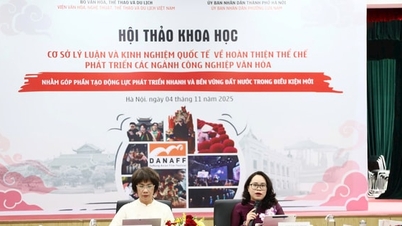















Comment (0)